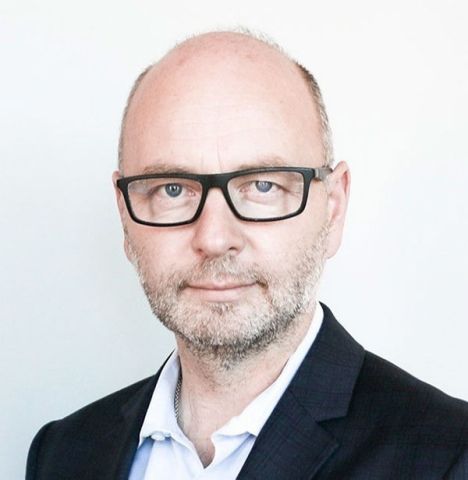Linda and Jim Wimmer
Like many who support USC Shoah Foundation, Linda Wimmer was drawn to the stories of survivors and the way the Institute gives their stories both a home and a platform from which to be shared. However, her connection to the Institute is more profound than passive appreciation. In 1995, Linda’s husband Jim shared with her an article in their local Allentown, Pennsylvania, newspaper discussing Steven Spielberg’s mission to collect testimony of Holocaust survivors and witnesses. Linda immediately knew that she wanted to participate.
